Publications
Articles, publications, books, tools and multimedia features from the U.S. Institute of Peace provide the latest news, analysis, research findings, practitioner guides and reports, all related to the conflict zones and issues that are at the center of the Institute’s work to prevent and reduce violent conflict.
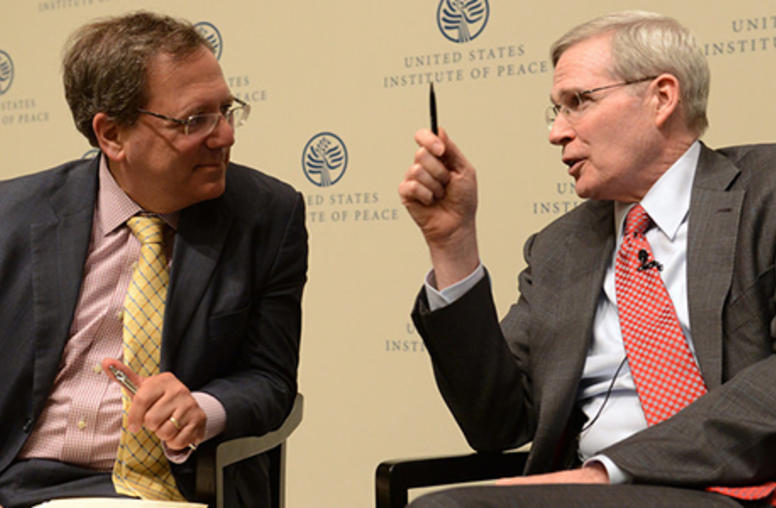
USIP’s Hadley Scans Conflict Horizon for Civilian Solutions
U.S. Institute of Peace Board Chairman and former National Security Advisor Stephen J. Hadley said shifts in the nature of conflict worldwide demand sophisticated, long-term strategies to address conflicts from Europe to the Middle East to Asia.
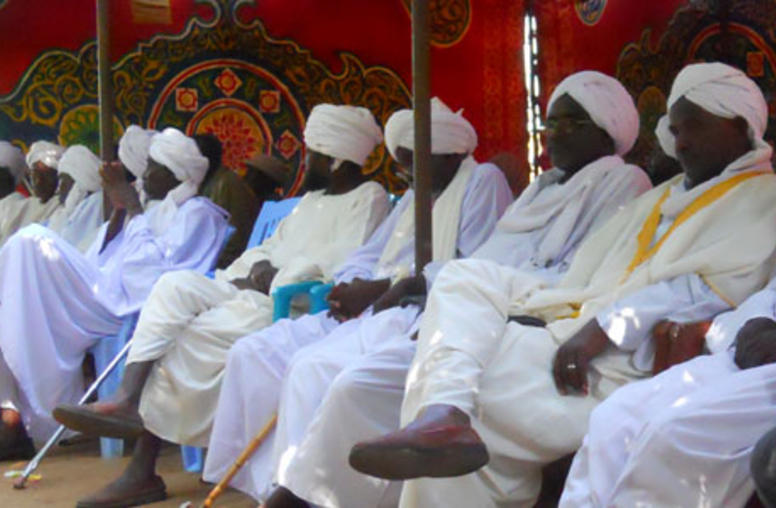
“Peace Conferences Don’t Always Work” and Other Lessons for Achieving Sustainable Peace in South Sudan and Sudan
The recent re-eruption of political violence in South Sudan in late 2013 has not only inflamed long-standing and unresolved local grievances, but also highlights the critical need to improve the impact and sustainability of local peace processes in any region. In the new Peaceworks, “Local Peace Processes in Sudan and South Sudan,” USIP’s Jacqueline H. Wilson outlines the importance of understanding and improving local peace processes.
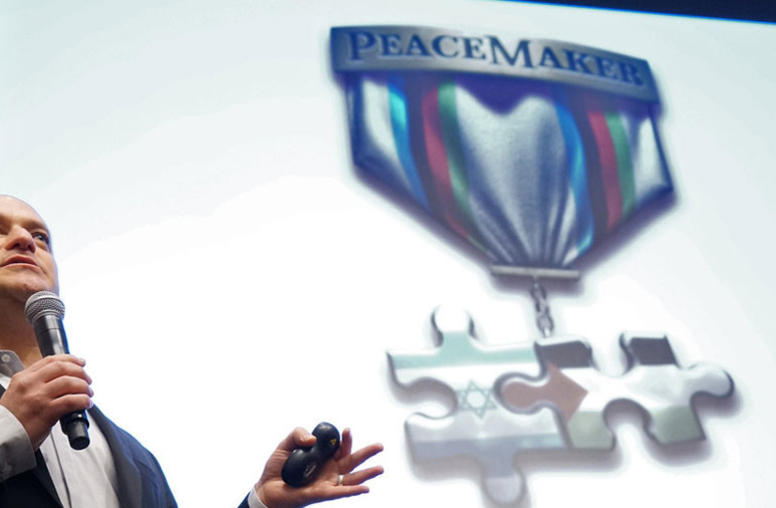
Games for Change Seek to Connect Dots Towards Peace
In societies riven by conflict, Asi Burak hopes to pick up where inadequate education and news reports leave off. The award-winning co-creator of the PeaceMaker computer game outlined the triumphs and challenges of trying to advance social change with gaming technology, during a session at the U.S. Institute of Peace for the annual Alliance for Peacebuilding conference.
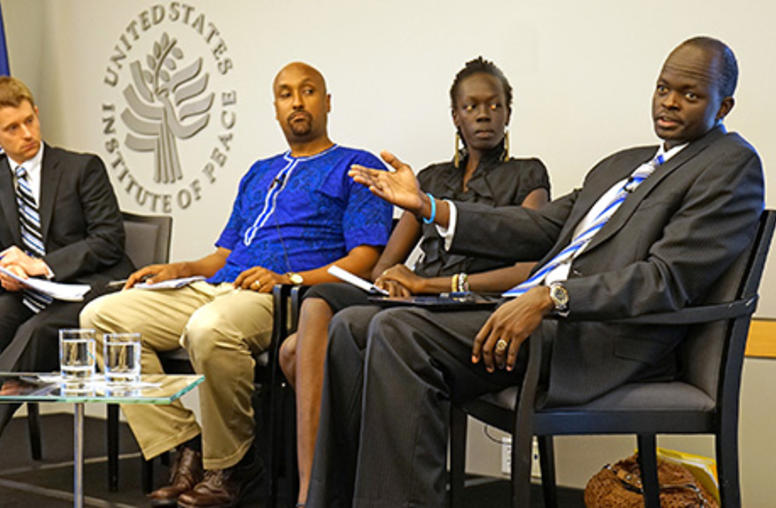
South Sudan Activists Call for Civil Society Role in Peace Process
The May 9 peace deal for South Sudan, signed between President Salva Kiir and former Vice President Riek Machar, has already been violated. But there is an important upside to the agreement: it calls for including civil society in the peace process. Three South Sudanese civic leaders discussed civil society’s role in the peace process at USIP with Jon Temin, the Institute’s director of Africa programs.
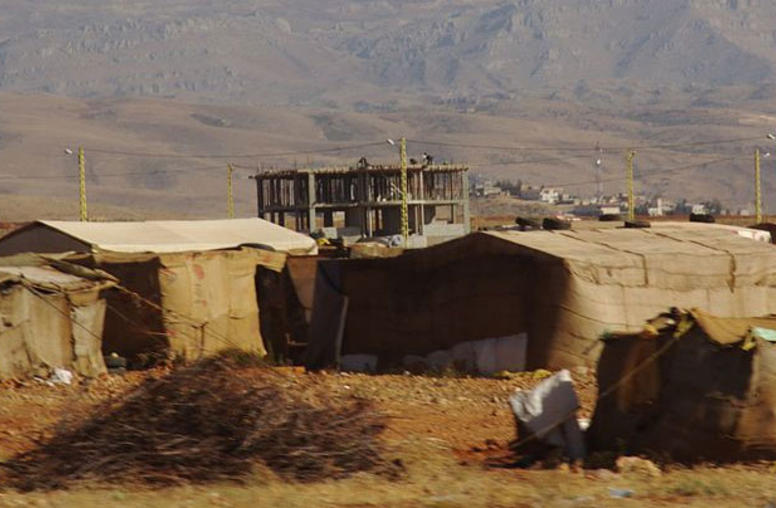
Q&A: Lebanese Presidential Elections
Lebanon’s parliament failed to elect a successor within the constitutional timeframe before President Michel Suleiman’s term expired on May 25. Elie Abouaoun, the director of Middle East programs for the U.S. Institute of Peace, explains the dynamics feeding the divisions, the ramifications of the vacancy and possible solutions.
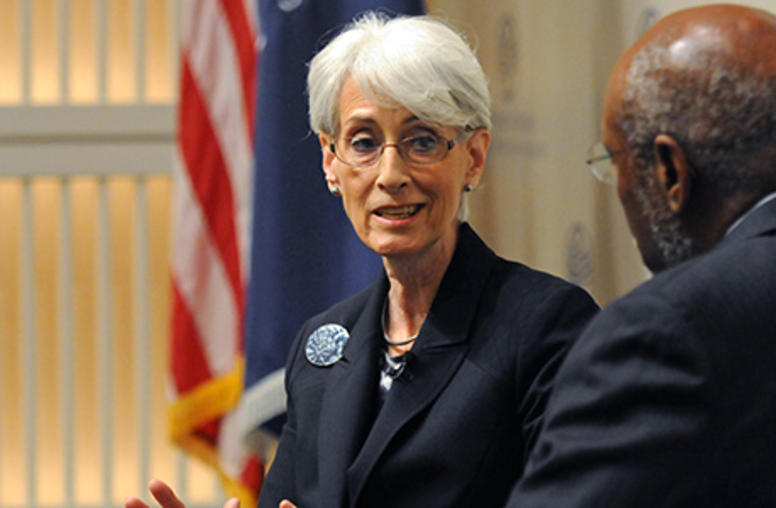
Somalia Slated for First U.S. Ambassador in Two Decades
President Barack Obama will nominate an ambassador to Somalia for the first time in more than 20 years, Undersecretary of State Wendy Sherman said at the U.S. Institute of Peace June 3, as she outlined an intensified push to improve security, governance and development in the African nation.
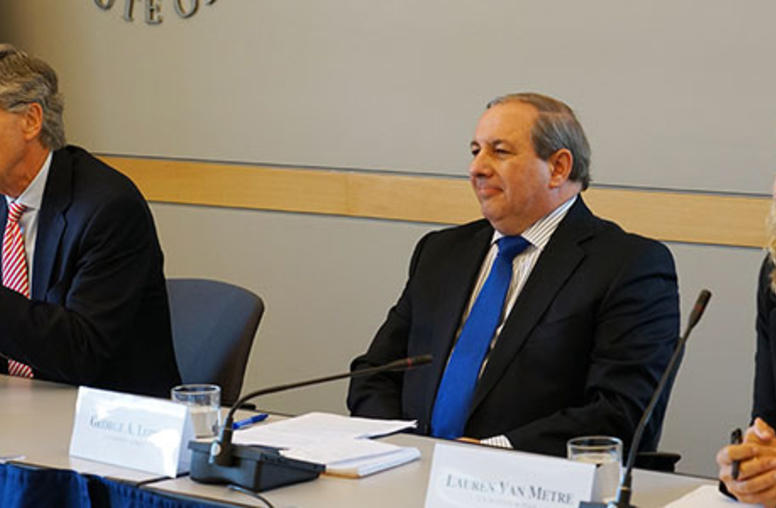
Russia's Putin 'Could Solve' Ukraine Crisis, Ex-U.S. Ambassador Says
Stacks of red coffins being transported from Ukraine back to Russia after deadly fighting at an airport in eastern Ukraine last week are among the telltale signs of Russia’s responsibility for the crisis gripping its neighbor, said William B. Taylor, a vice president at the U.S. Institute of Peace and a former ambassador to Ukraine.
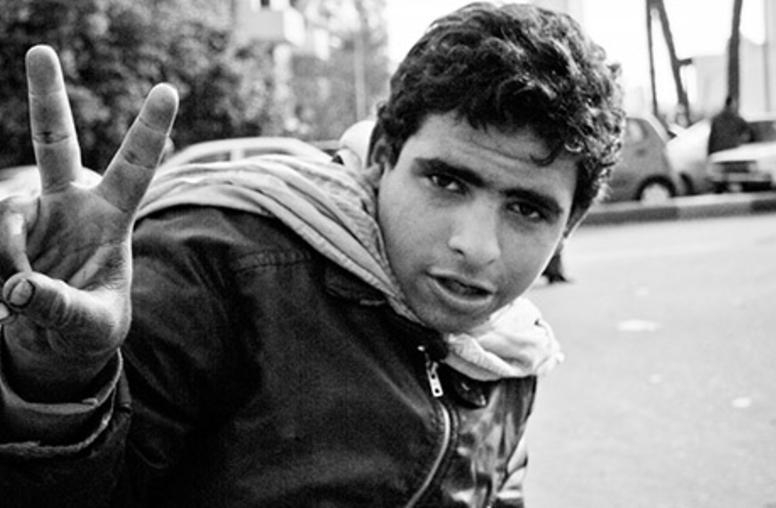
Can Big Data Stop Wars Before They Happen?
It has been almost two decades exactly since conflict prevention shot to the top of the peace-building agenda, as large-scale killings shifted from interstate wars to intrastate and intergroup conflicts.
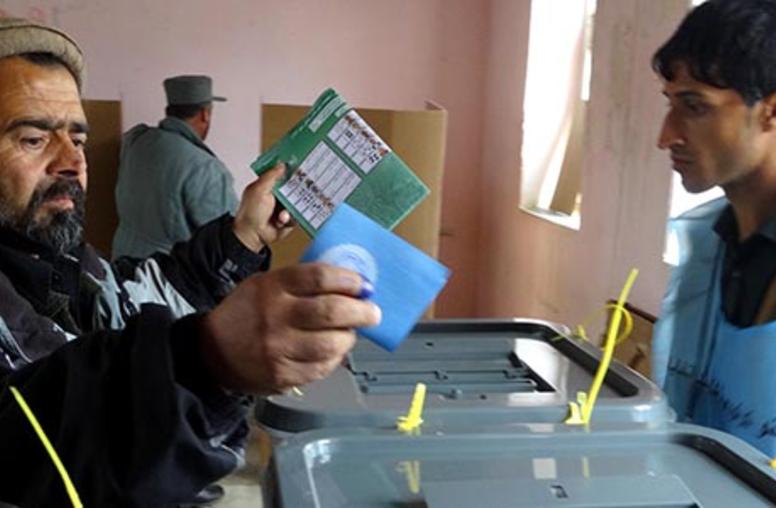
Let Afghan Voters Finish the Job
Kabul has been full of rumors about an attempt to reach a "political deal" in order to avoid a second round of voting required by the constitution. Strangely, most of the commentary in the western press has treated such a deal as if it would be desirable. We believe it would be a huge mistake.
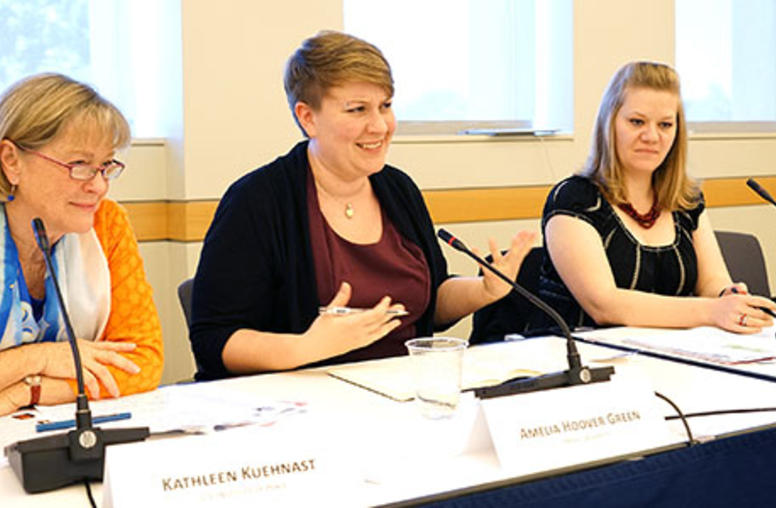
Ending Sexual Violence in Conflict? First, Understanding It
The Global Summit to End Sexual Violence, co-hosted in London this week by British Foreign Secretary William Hague and actress and United Nations envoy Angelina Jolie, will draw on research by young scholars who have documented the causes, responses and potential solutions in the Democratic Republic of Congo, Haiti, El Salvador and elsewhere. The researchers recently highlighted their significant and often unanticipated findings at the U.S. Institute of Peace.